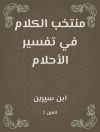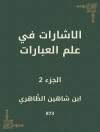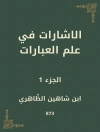Inspired by existential thought, but using ethnographic methods, Jackson explores a variety of compelling topics, including 9/11, episodes from the war in Sierra Leone and its aftermath, the marginalization of indigenous Australians, the application of new technologies, mundane forms of ritualization, the magical use of language, the sociality of violence, the prose of suffering, and the discourse of human rights. Throughout this compelling work, Jackson demonstrates that existentialism, far from being a philosophy of individual being, enables us to explore issues of social existence and coexistence in new ways, and to theorise events as the sites of a dynamic interplay between the finite possibilities of the situations in which human beings find themselves and the capacities they yet possess for creating viable forms of social life.
Tabella dei contenuti
Acknowledgements
Preface: The Struggle for Being
Chapter 1. The Course of an Event
Chapter 2. The Space of Appearances
Chapter 3. Violence and Intersubjective Reason
Chapter 4. Custom and Conflict in Sierra Leone: An Essay on Anarchy
Chapter 5. What’s in a Name? An Essay on the Power of Words
Chapter 6. Mundane Ritual
Chapter 7. Biotechnology and the Critique of Globalisation
Chapter 8. Familiar and Foreign Bodies
Chapter 9. The Prose of Suffering
Chapter 10. Whose Human Rights?
Chapter 11. Existential Imperatives
Bibliography
Index
Circa l’autore
Michael Jackson is a graduate of the Universities of Auckland (New Zealand) and Cambridge (UK), and has, for many years, carried out ethnographic fieldwork in Sierra Leone and Aboriginal Australia. The author of numerous books of anthropology, including the prize-winning Paths Toward a Clearing and At Home in the World, he has also published five books of poetry and two novels. Michael Jackson has taught in his native New Zealand, Australia, the United States, and Denmark, where he is presently Professor of Anthropology at the University of Copenhagen.












